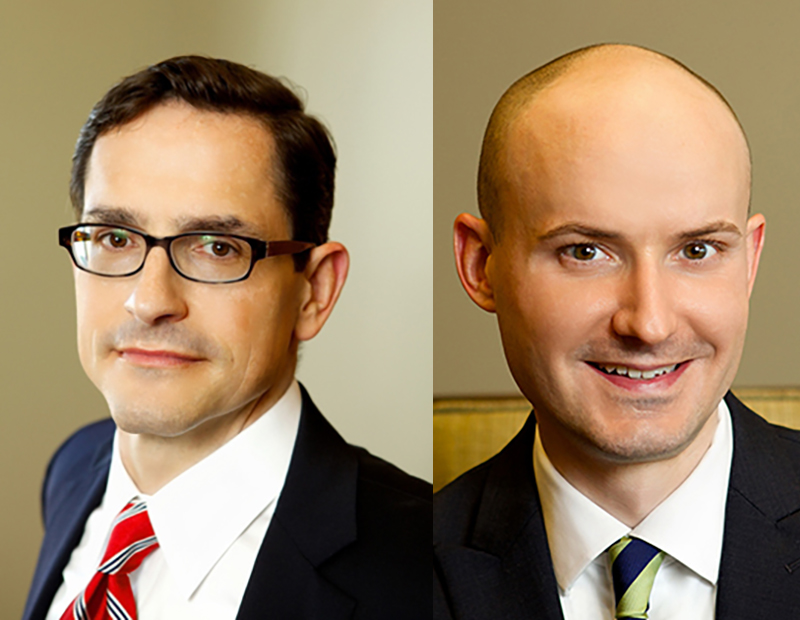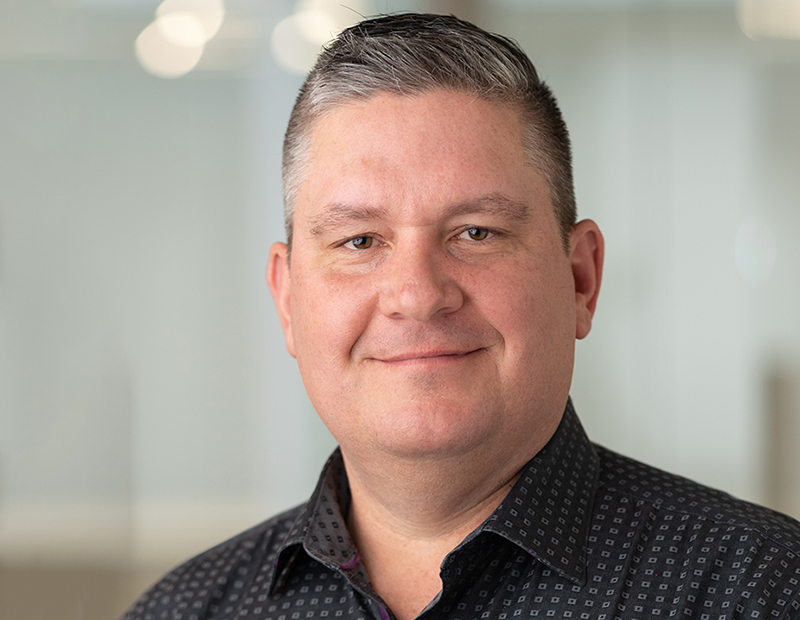Don’t Rush to Opportunity Zones
Leaders in the real estate and finance sectors advised those looking to take part in the federal program to proceed with caution.
By Holly Dutton
 The Opportunity Zone Program instituted along with the Tax Cuts and Jobs Act of 2017 has caught the eye of many in the real estate development arena across the country. The program encourages private investment in low-income urban and rural communities by offering big tax cuts to companies that hold onto the investment for at least 10 years.
The Opportunity Zone Program instituted along with the Tax Cuts and Jobs Act of 2017 has caught the eye of many in the real estate development arena across the country. The program encourages private investment in low-income urban and rural communities by offering big tax cuts to companies that hold onto the investment for at least 10 years.
Within the 8,700 zones that have been established in the U.S., investors can defer capital gains taxes and avoid paying taxes on gains. Qualified investments in the zones must be made through opportunity zone funds and can be real estate, businesses and infrastructure.
While the program has been highly publicized and touted by the development community, many in the industry are cautioning against rushing into the program and instead advising companies to take their time and do it right to ensure that the program won’t be lost.
“I think if this becomes another financial product that’s super levered and is run by money people who don’t really understand real estate and assets are over-leveraged and there’s a downturn in five years and all of a sudden this all blows up, then I think there will be a problem and it’ll be unfortunate, because it’s a great idea,” said Jeffrey Fine, managing director at Goldman Sachs, at a panel during the NYU Schack Institute of Real Estate Capital Markets Conference in Real Estate Nov. 15 in Manhattan.
However, Fine said he believes the “very localized” program can do well if those participating invest their own money, approach it in a disciplined way and have their own skin in the game.
“There’s time,” said Fine. “Everyone’s rushing in and it sort of feels like there’s this fleeting opportunity that’s going to be gone in six months. If that’s the case then it really wasn’t a very good program to begin with.”
That sentiment was echoed by others on the panel who want to see the program renewed when the time comes.
Kirk Sykes, co-founder & managing principal at Merrick Capital Management, pointed to the “extreme differential-ness” starting to happen in cities across the country, referring to the inequality gap that has continued to grow wider. According to the Pew Research Center, the gap in incomes between the rich and poor has increased steadily in the U.S. since the 1970s. Between 1970 and 2016, the gap between the top and the bottom of the income ladder has increased 27 percent.
“If this doesn’t work as it’s tested and the have and have-nots get further and further apart, I’ve got to believe that some section of this population is going to push back on the fact that this exists,” said Sykes. “It shouldn’t be a tool we lose because we abuse it.”
David Welsh, founder & partner at Normandy Real Estate Partners, said his firm is preparing to launch a $250 million opportunity fund and they are confident the program can and will do well in the current environment.
“I’m optimistic,” said Welsh. “It was a bipartisan-sponsored bill that came in with both parties’ support…I think it’s a smart idea and hopefully it doesn’t get taken advantage of, like a lot of things.”







You must be logged in to post a comment.